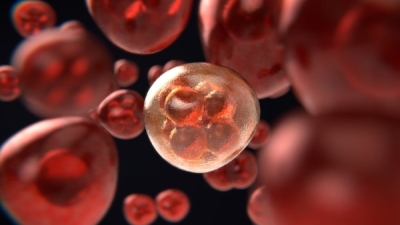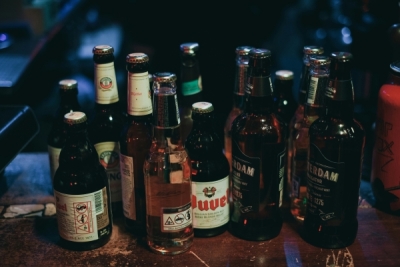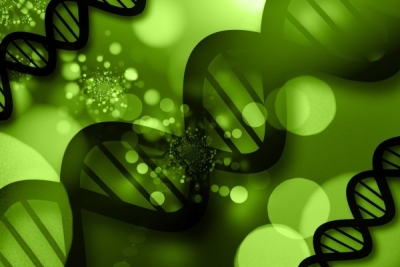Prostate cancer is the fourth most common type of cancer in the world (7.3%), being the second most prevalent in men (1). According to the Brazilian National Cancer Institute – INCA, for Brazil, there are an estimated 71,730 new cases of prostate cancer per year for the three-year period 2023-2025 (1). Currently, prostate cancer is the second cause of death from cancer in the male population.
Several studies have been carried out to assess whether there is an association between alcohol consumption and other types of cancer, one of which is prostate cancer. Prostate cancer can be influenced by alcohol consumption through several mechanisms: in addition to ethanol itself being carcinogenic, it can also affect the metabolism of other carcinogenic substances, inhibiting the DNA repair process, increasing oxidative stress and, therefore, increasing the likelihood of harmful effects on DNA – effects that can lead to the development of cancer. Although some studies estimate an increase of approximately 20% in the risk of prostate cancer in heavy drinkers (considered in these studies as consumption of 25g of alcohol per day or more), the effects of alcohol on prostate cancer are still not well established.
A review study of scientific literature (2) indicated a higher risk of prostate cancer with low volume consumption (> 1.3g - < 24 g per day) compared to abstainers. However, the study also found a significant dose-response relationship between the level of alcohol intake and the risk of prostate cancer, with the risk being greater as consumption increases. Thus, the authors suggest that, given the high prevalence of prostate cancer, it should be integrated into public health strategies to reduce alcohol-related diseases.
An American study (3), which evaluated the associations between alcohol consumption (type of alcoholic drink and pattern of consumption) and the risk of developing prostate cancer, pointed out a possible effect of alcohol consumption on the action of finasteride (a medication used in treatment and control of prostate cancer), since both affect the metabolism of testosterone, an important hormone in the development and evolution of this type of cancer. The prevalence of prostate cancer was verified over a 7-year period, among 10,920 men aged 55 years or older, who had been randomized to receive finasteride (5 mg per day) or placebo (control group). By the end of the study, more than 2,000 participants had developed prostate cancer. Furthermore, in heavy drinkers (who consumed 50g of alcohol/day or more) it was associated with a significantly higher risk of high-grade prostate cancer, both in the control group and in those treated with finasteride.
Finally, a Canadian case-control study (4) that included approximately 4 thousand individuals provided evidence that high levels of alcohol consumption throughout life increase the risk of high-grade prostate cancer.
Prostate Cancer: prevention and diagnosis (1)
For prostate cancer, age is an important risk factor, as both incidence and mortality increase significantly after age 60. Furthermore, a family history of cancer, excess body fat, smoking, exposure to some chemicals and pesticides also increase the risk of the disease.
Early diagnosis of prostate cancer allows for better treatment results. Therefore, seek specialized medical care if you experience symptoms such as:
- Difficulty urinating;
- Decreased urine stream;
- Need to urinate more often during the day or night;
- Blood in the urine.
If there is a history in your family of someone who has had prostate cancer, you should start preventive screening earlier, from the age of 45. If not, you can start at age 50.
Take care of your health!











